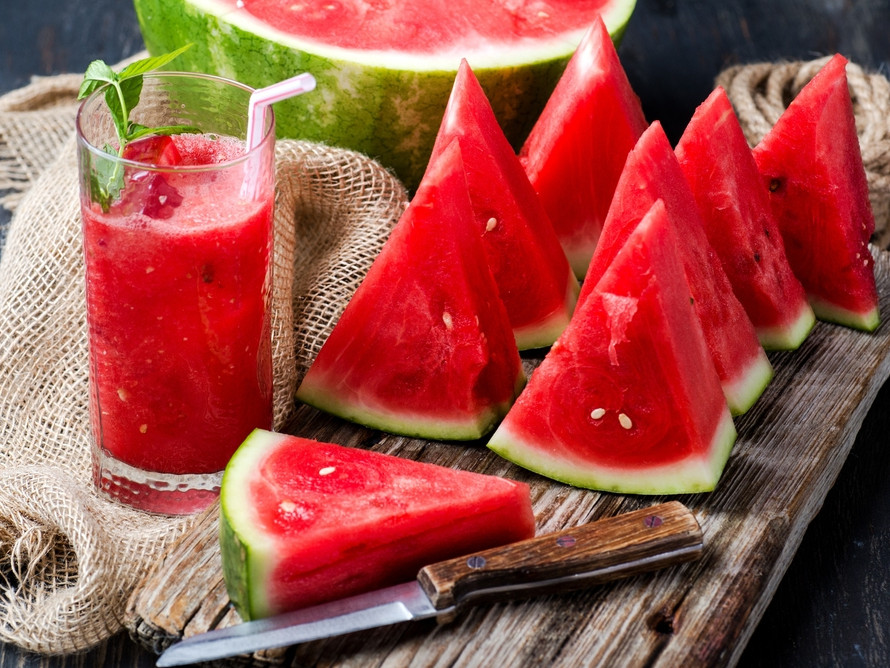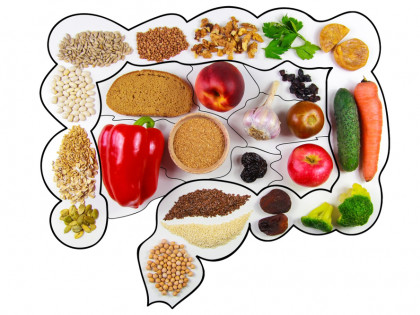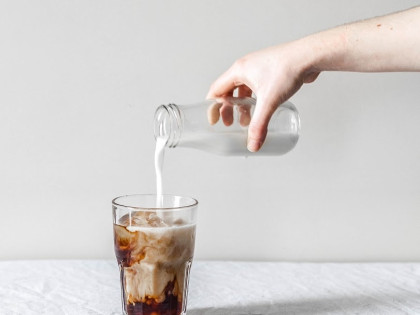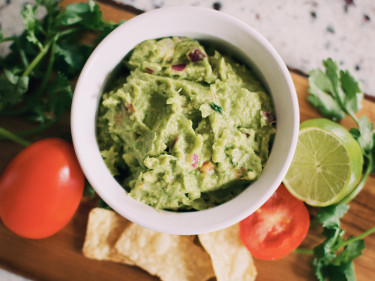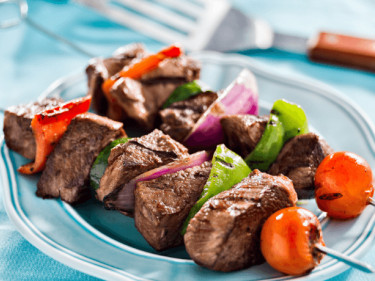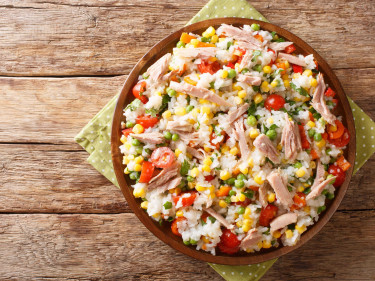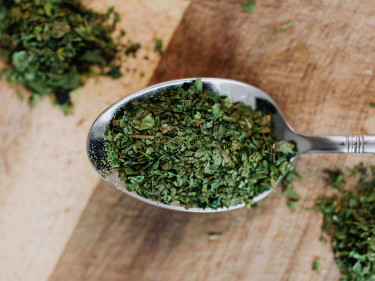Watermelon is fruit that grows on a vine in warm to hot conditions in many places around the world. Watermelon is technically a berry with a hard rind and there are over 1000 varieties. In 2013 the Guinness Book of Records registered the world’s biggest watermelon, weighing in at 159 kilograms.
Historically watermelon were grown for their high water content, which varies from 70-90%. They could be stored as a source of both water and food to help get people though the dry season.
Only about half the population meet the recommended daily fruit intake target of 2 serves a day. One serve of fruit is about 150 grams or 1 cup of diced cubes. Watermelon is great on fruit platters, and for picnics and lunches and great before or after exercising.
When it comes to nutrition, watermelon provides vitamin C, potassium, dietary fibre and is low in kilojoules.
Although watermelon has a high glycaemic index meaning that eating it leads to a faster rise in blood sugar levels after eating compared to other foods that contain carbohydrate like wholegrain bread or lentils, it is low in kilojoules. One 150 gram serve contain just 200 kilojoules (about 50 Calories) an d10 grams of carbohydrate which is equivalent to the amount in one weet-bix.
A study in adults and children from the USA found people who consumed watermelon had high diet quality compared to those who did not eat it, with higher total intakes of fiber, magnesium, potassium and vitamin A and carotenoids like lycopene, as well as lower intakes of added sugars and saturated fat. This suggests that eating watermelon means you don’t eat other, less healthy things in its place.
A review of scientific research on watermelon found that supplementation in human trials with watermelon and/or L-citrulline, an amino acid it contains, reduced blood pressure. They also identified emerging evidence for improved heart health and regulation of blood glucose, though mostly in animal research.
Take a look at our thirst-quenching recipe for Watermelon & Cranberry Breeze and here are more suggestions from Melons Australia.



